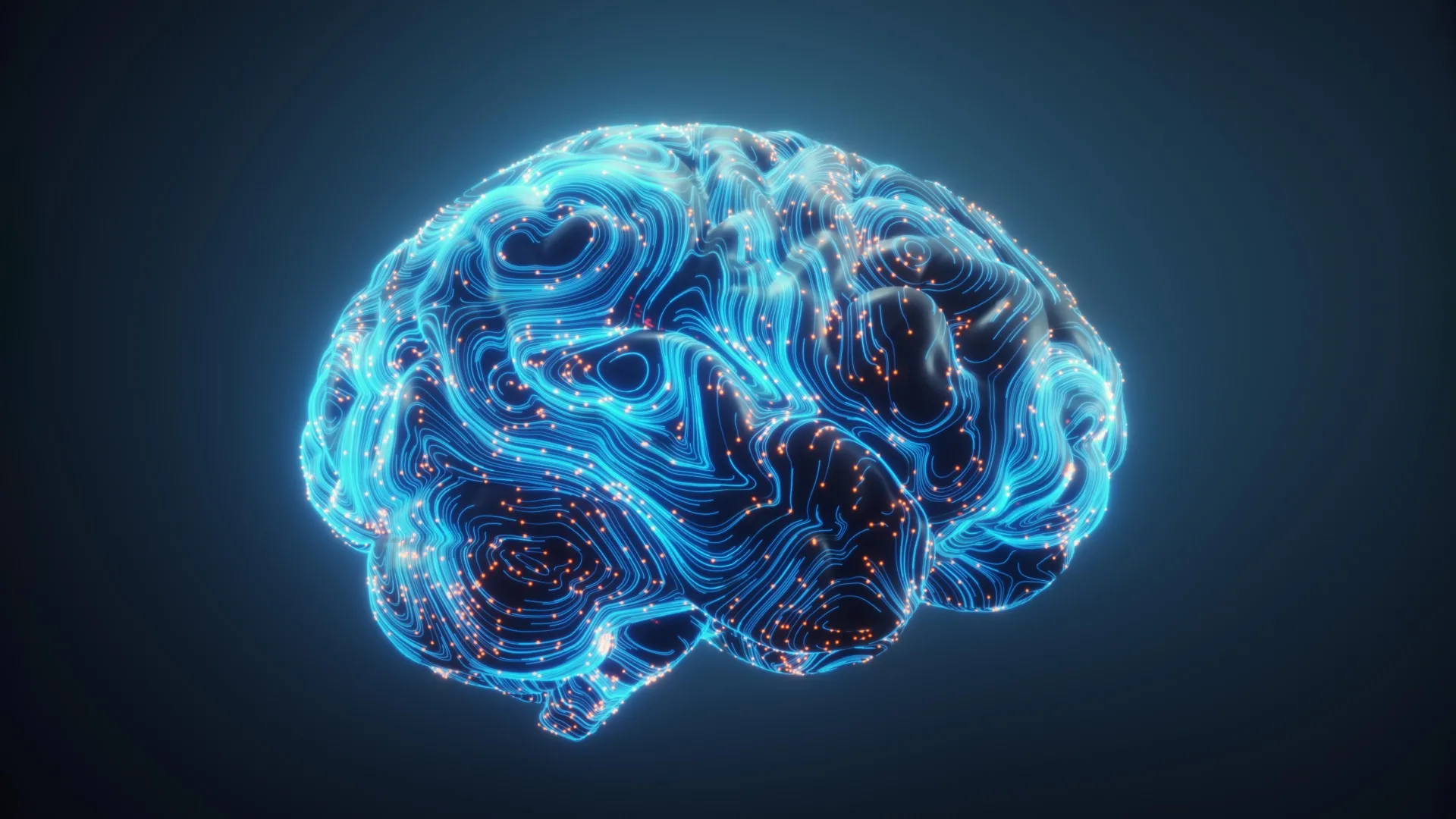Researchers at New York University have uncovered a hormonal mechanism that influences learning by enhancing dopamine signals in the brain. This discovery, published in the journal Nature Neuroscience on November 21, 2025, reveals how varying levels of estrogen impact cognitive performance, specifically in terms of learning speed.
The study examined the effects of estrogen by conducting controlled experiments with laboratory rats. These experiments demonstrated that when estrogen levels were elevated, the rats learned tasks more rapidly. Conversely, when the activity of this hormone was blocked, the animals exhibited a noticeable decline in their learning abilities. The findings suggest a significant link between hormonal fluctuations and cognitive performance, with implications for understanding neuropsychiatric disorders.
Hormonal Influence on Learning Processes
The research team, led by Carla Golden, a postdoctoral fellow at NYU, monitored brain activity in the rats as they completed learning tasks designed to reward them with water based on audio cues. The results indicated that higher estrogen levels correlated with increased dopamine activity in brain regions associated with reward processing. As Golden notes, “Our results provide a potential biological explanation that bridges dopamine’s function with learning in ways that better inform our understanding of both health and disease.”
Christine Constantinople, a professor in NYU’s Center for Neural Science and the senior author of the study, emphasized the broader implications of these findings. “Despite the broad influence of hormones throughout the brain, little is known about how these hormones influence cognitive behaviors and related neurological activity,” she stated. This research highlights the ongoing need to explore the connections between hormonal changes and cognitive functions, particularly in relation to psychiatric disorders.
Implications for Neuropsychiatric Disorders
The study’s outcomes also raise important questions about the relationship between estrogen levels and symptoms of various neuropsychiatric conditions. The researchers found that when estrogen activity was reduced, the rats displayed less effective learning capabilities. This suggests that fluctuations in estrogen could contribute to the variability of symptoms observed in individuals with such disorders.
“The findings suggest a possible link between hormone fluctuations and symptoms seen in certain neuropsychiatric disorders,” Constantinople stated. Notably, the research indicates that while estrogen impacts learning, it does not appear to affect decision-making processes directly.
The research was supported by grants from the National Institutes of Health and other prestigious institutions, including the National Cancer Institute and the Simons Foundation. The authors emphasized that the content reflects their own views and does not necessarily represent the official positions of the funding agencies.
This study represents a significant step forward in understanding the complex interplay between hormones and cognitive functions, potentially paving the way for new therapeutic approaches for managing cognitive impairments and psychiatric disorders linked to dopamine dysregulation.




































































